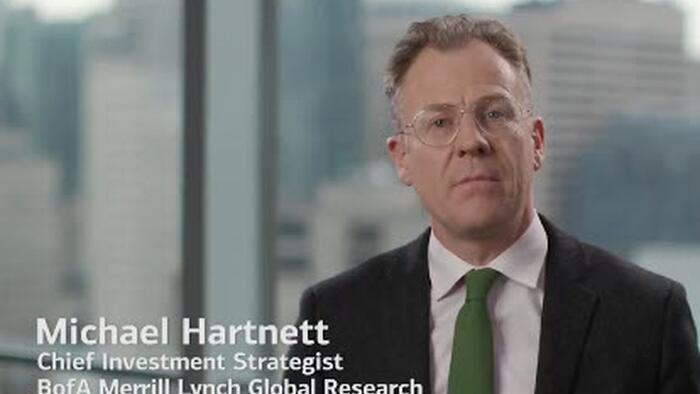In recent discussions about political priorities, a significant emphasis has been placed on inflation, which has emerged as the dominant concern among voters. In a commentary from July, it was asserted that various pressing issues such as immigration, crime, equity, abortion, climate change, and gun control were overshadowed by the singular and urgent concern of inflation. This perspective is echoed by Bank of America’s Michael Hartnett, who highlights the results of recent polling indicating that Donald Trump’s political traction can be largely attributed to the electorate’s preoccupation with rising prices. Despite a relatively low unemployment rate, it is inflation that resonates deeply with voters, shaping their preferences and decisions in the political arena.
As the economy has continued to deal with the repercussions of the pandemic, inflation rates have surged, affecting the cost of living for many Americans. This economic strain has led to voters prioritizing their financial wellbeing, with inflation consistently cited as a priority over other issues that might typically capture headlines. The rising prices on essential goods such as food and fuel have made it painfully clear to households that their purchasing power is diminishing, thus leading to a broader sense of financial insecurity and concern that transcends other socio-economic issues.
Hartnett’s observations point to a shift in how political messaging might need to be crafted moving forward, suggesting that candidates who fail to address inflation may find themselves disconnected from the electorate’s needs. The stark reality is that even with low unemployment figures, the erosion of economic security caused by inflation can significantly influence voter sentiments. This scenario suggests a potential recalibration of campaign strategies, where candidates must reorient their focus to address the basic financial concerns of constituents above other policy agendas they might have previously deemed pressing.
Further complicating the political landscape is the understanding that voters may harbor a variety of opinions on multiple issues; however, the urgency of inflation acts as a unifying force that overshadows those complexities. In this regard, voters’ everyday experiences with rising costs necessitate immediate solutions, directing their political alignment towards candidates who demonstrate a clear understanding and actionable plans to tackle inflation. As candidates position themselves for future elections, the imperative remains to resonate with the fears and financial stresses that voters currently face, underscoring the pragmatic necessity of their platform proposals.
The impact of inflation on voting behavior is likely to be a focal point as the political climate evolves. Candidates looking to make an impression will need to craft their narratives around economic realities, potentially sidelining other pressing social issues that previously enjoyed more visibility in political discourse. This shift could lead to a refresh in the electorate’s priorities, as economic pressures may dominate discussions in a way that redefines traditional campaign narratives. Thus, the insistence that “only inflation matters” may serve as a clarion call for candidates aiming to engage effectively with voters.
In conclusion, the narrative surrounding voter concerns has pivoted significantly, highlighting inflation as the key issue overshadowing other political debates. As candidates adjust to this reality, understanding the fundamental economic anxieties of their constituents will be paramount. The political strategies that emphasize meaningful engagement with inflation, backed by tangible solutions, could very well determine electoral outcomes in an environment where economic conditions weigh heavily on the minds of voters. Therefore, the importance of acknowledging inflation as the preeminent issue in upcoming elections cannot be overstated; it serves as both a challenge and an opportunity for political engagement that genuinely addresses the needs of the public.

